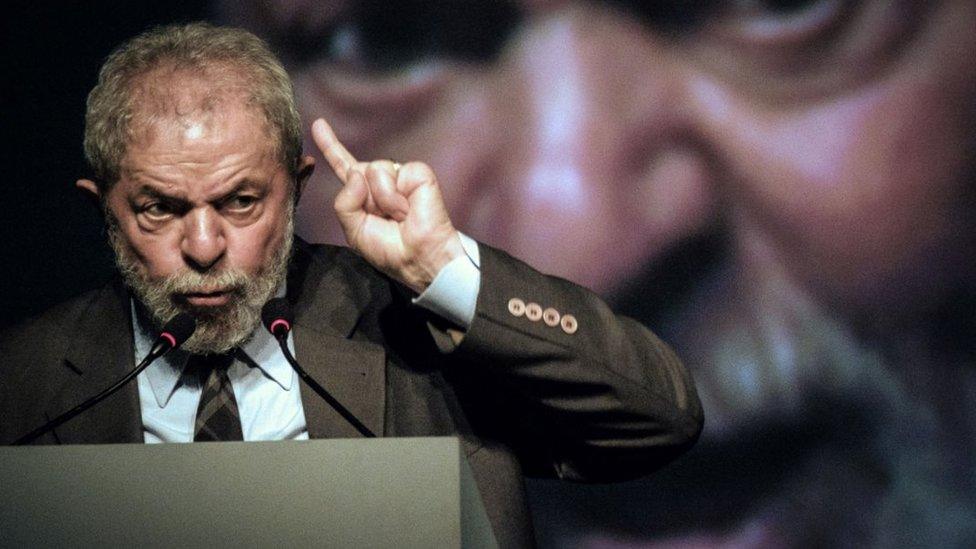Brazil: Thousands marches against 'watered down anti-corruption bill'
- Published
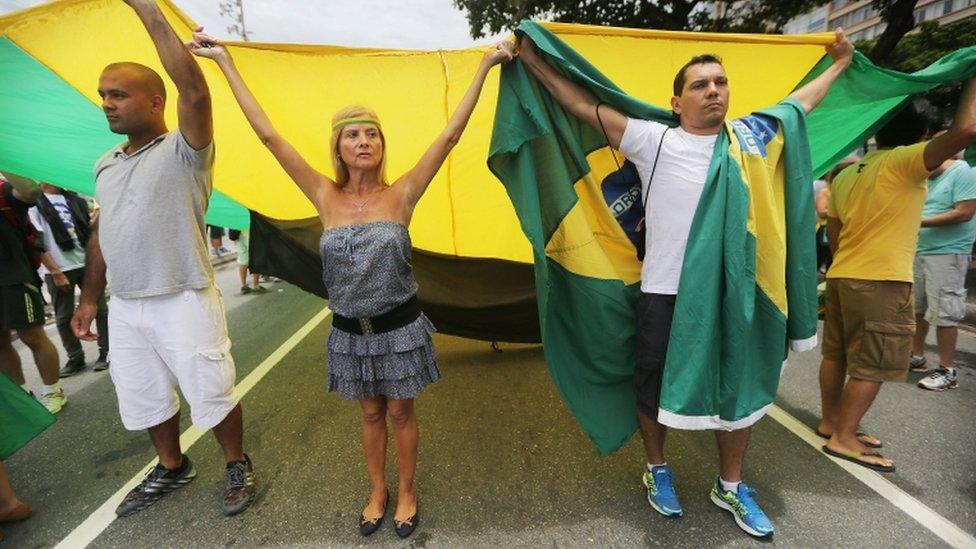
Brazilian police estimated that 60,000 people joined the marches across the country
Tens of thousands of Brazilians have joined street protests against a vote which they say threatens to undermine a major anti-corruption investigation.
The biggest marches have taken place in Sao Paulo's business district and along Rio de Janeiro's Copacabana beach.
Demonstrators were angry after the lower house of Congress on Tuesday passed a number of amendments to a landmark anti-corruption bill.
Organisers say politicians have tried to intimidate the investigators.
Politicians, who are themselves being investigated, watered down the proposal, protesters say.
Controversially, they included in the bill the prospect of harsh punishment for judges and prosecutors who abuse their powers.
The bill still needs to be approved by the Senate before it becomes law.
'Peaceful and orderly'
At Sunday's demonstrations in major cities across Brazil, many were carrying signs supporting prosecutor Sergio Moro and the team leading the investigation, known as Operation Car Wash.
Dressed mostly in the green and yellow colours of the national flag, demonstrators have marched in the capital, Brasilia, and more than 20 Brazilian states.
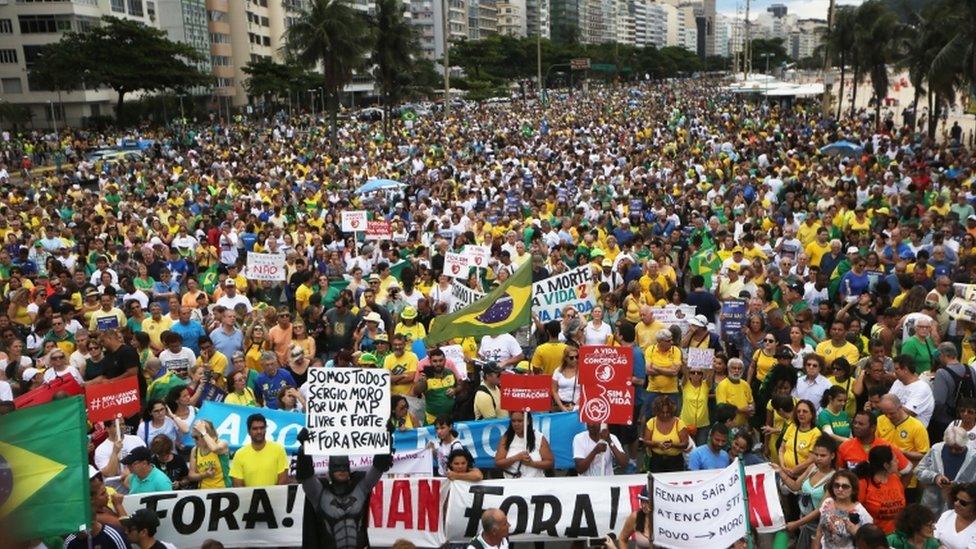
One of largest demonstrations took place along Rio's Copacabana beach

Prosecutor Sergio Moro has been depicted as Superman by anti-corruption demonstrators
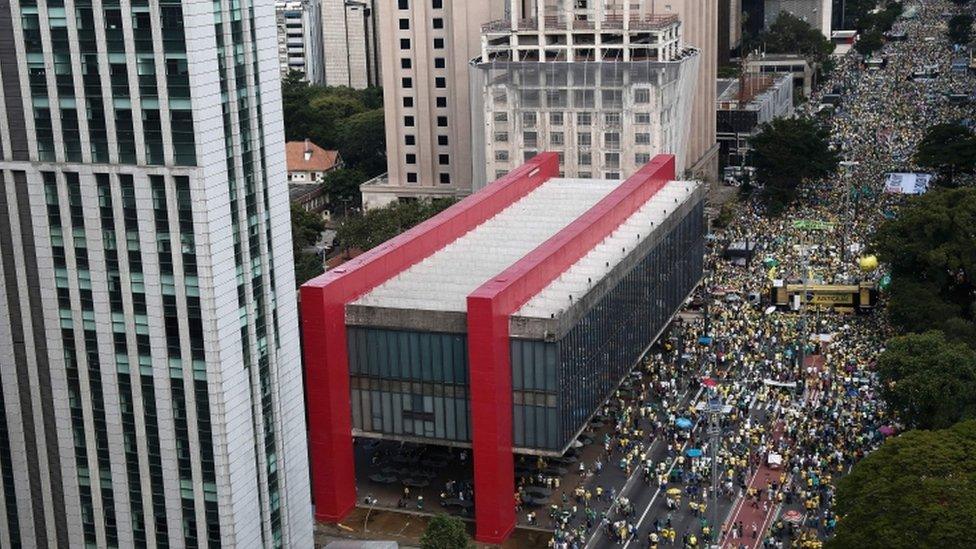
Demonstrators marched through Sao Paulo's main throughfare, Avenida Paulista
President Michel Temer praised the demonstrations, which took place "in a peaceful and orderly manner".
"The powers of the republic must always remain aware of the demands of the Brazilian population," he said in an official statement.
Since it was launched in 2014, Operation Car Wash has unveiled a huge corruption scheme at the state oil company, Petrobras.
Partisan and selective
Prosecutors say private companies, including some of Brazil's biggest construction firms, agreed to pay bribes to politicians, civil servants and Petrobras executives to secure lucrative contracts with the oil company.
Investigators found out that most contracts were overpriced, to account for the bribes the companies agreed to pay.
The kickback scheme cost Petrobras an estimated $1.8bn (£1.4bn), said company boss Pedro Parente last month.
Most of the dozens of politicians investigated and charged in connection with the scandal were from the governing coalition led by the Workers Party of former presidents Luiz Inacio Lula da Silva and Dilma Rousseff.
Party supporters accuse Mr Moro and the other prosecutors in the investigation of being partisan and selective in their work, focusing unfairly on their members.
Former President Rousseff was dismissed in September after an impeachment process in Congress for illegally manipulating the budget to hide a growing deficit.
On Friday, Berlin-based campaign group Transparency International granted its annual anti-corruption award to the Brazilian prosecutors leading Operation Car Wash.
Dozens of high-profile politicians and businessmen who were previously untouchable have been convicted since the probe began, the group said.
- Published2 December 2016
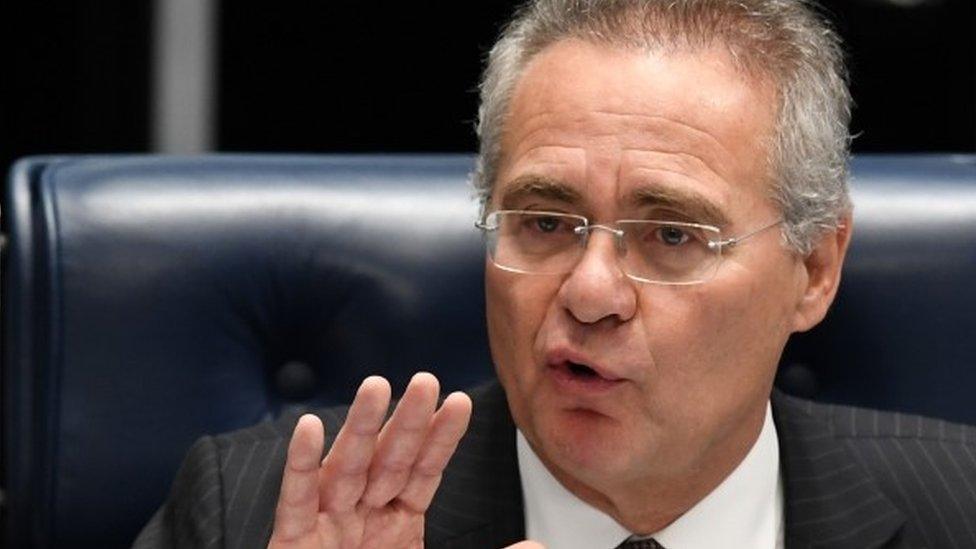
- Published28 November 2016
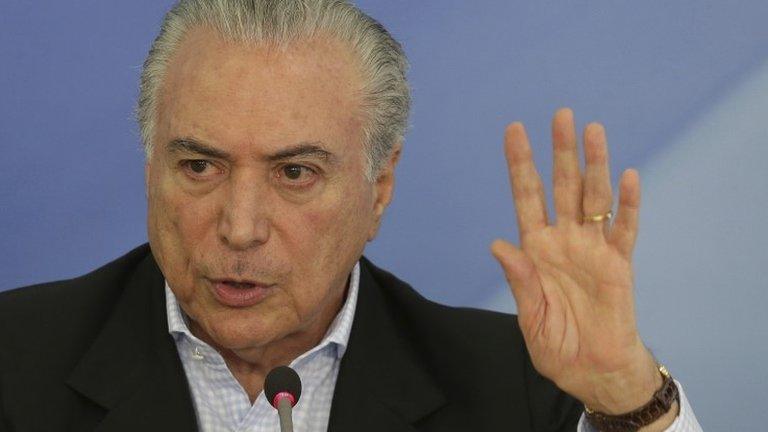
- Published19 November 2016
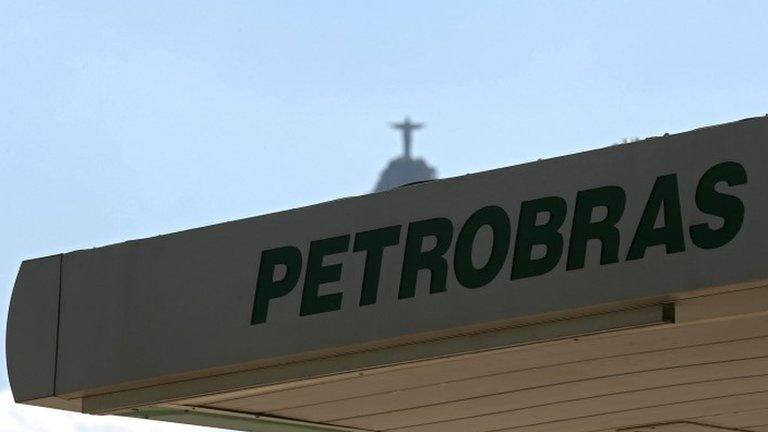
- Published5 October 2016
